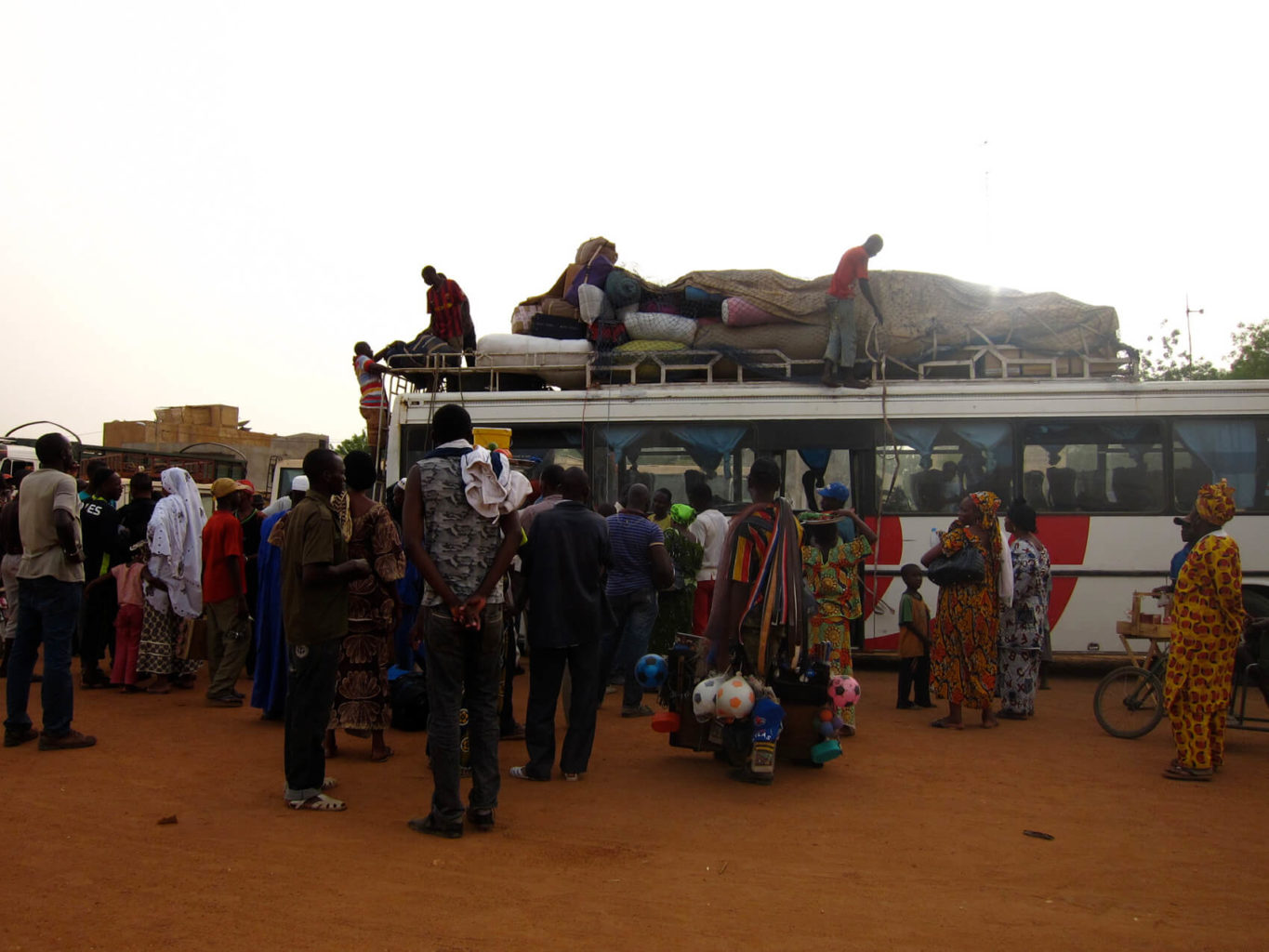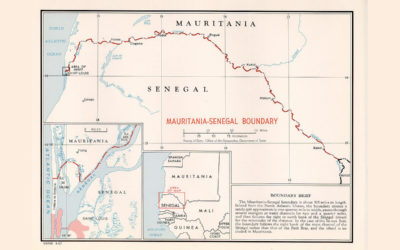I remember when I first decided to travel to West Africa. Family members spoke to me as if I had lost my mind. “West Africa? Are you insane?” Thankfully, I didn’t listen to them.
West Africa has an unfortunate reputation. The region seems to only show up on TV screens when something awful is happening. A civil war. An outbreak of disease. Some countries in West Africa have indeed seen civil war, and there certainly have been outbreaks of disease.
The reality is that the region is far safer to travel than your aunt or uncle would have you believe. Violent crime is rare throughout the region, and most diseases can be avoided with proper precautions, such as prophylactics for malaria and vaccinations for typhoid and meningitis.
But there is admittedly one area where safety is seriously lacking: the roads. Poorly maintained roads and vehicles, and rarely enforced traffic laws are the main reasons for this. Here is what you need to do to stay safe:
Driving your own vehicle?
- Do the maximum amount of vehicle maintenance that you can before leaving. This is one of those “it goes without saying, but still needs to be said” type things. You will find mechanics and spare parts all over West Africa. But depending on the make and model of your car, the parts and/or the mechanics may not always be an ideal match. Make sure your vehicle is in perfect working order before you set off.
- Maps are great, but local information is better. Ask locals, especially truck and bus drivers, about road conditions. A map will not tell you that last year’s rainy season washed away the road you wanted to take.
- Don’t drive at night. Most roads are poorly lit. Other drivers on the road are tired (or possibly drunk). Donkeys like to do this thing where they stand in the middle of the road and refuse to move for anything or anyone. Do you need any more reasons?
- Take your time. West Africa is not a good place for speed addicts. Road conditions can change rapidly, sometimes without any signage or other warnings. You should definitely not model your driving after the buses that are double passing trucks while going 140 kilometers/hour. Drive defensive and take it slow.
- Always have a plan. It’s difficult to find yourself more than 50 kilometers away (and often it’s much less than that) from a village or town in West Africa, and locals are often more than willing to help a stranded motorist. That said, you should always have some basic emergency supplies, including water and a first-aid kit. Of course, it goes without saying, a spare tire and some basic parts as well.
Taking public transport?
- If you are taking a bus from a major hub, ask around to find the most reputable company. Locals who are taking buses all the time will know which companies have newer buses and better track records. Of course, this doesn’t apply to areas that have only one bus running, or no buses at all. Sometimes there is a single bush taxi that can get you to your destination.
- In those cases, where you don’t have a choice of vehicle, feel free to speak your mind. If the driver is speeding or driving recklessly, say something. Other passengers will likely get behind you. If he refuses, tell him that you want to get out at the next village or town. I did this once. Ended up hitchhiking and soon found myself in an air-conditioned Mercedes. I can’t promise you will be this lucky, but it’s not worth it to sit passively and hope for the best when a driver’s antics could get you killed.
- Choose your seat wisely. For more on this, see our guide to staying sane on marathon bus trips
- Don’t travel at night. Said it before, and we’ll say it again. There are plenty of mini-buses, bush taxis and regular buses that have evening departures. You may be thinking, less traffic and cooler temperatures. Don’t. It’s not worth it.
There are no guarantees on the road, but following the above points will make your trip a lot safer. Have any tips to share? Drop them in the comments.




0 Comments